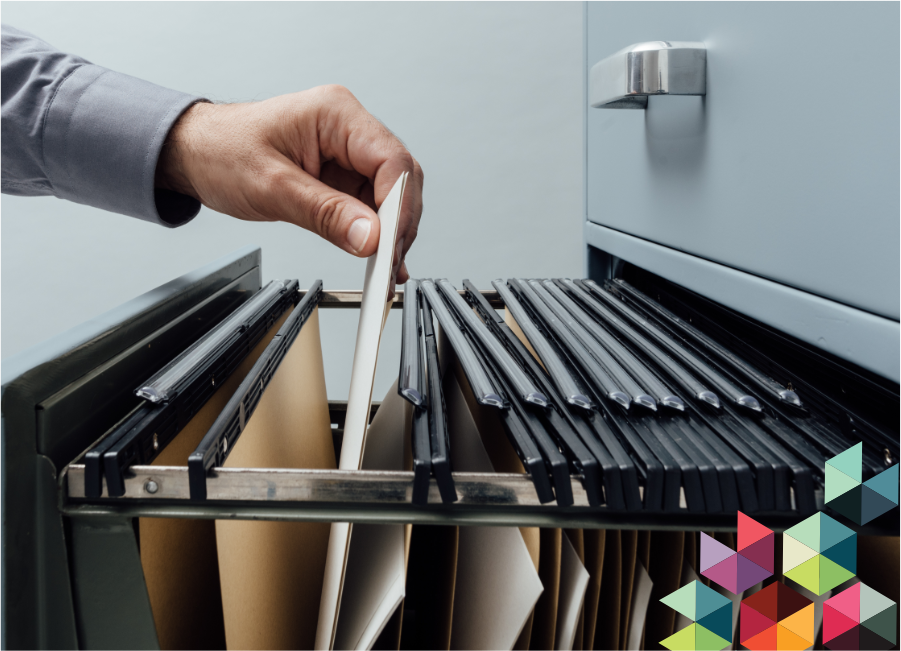
Record Keeping for Tax Purposes
September 18, 2018
1. Create A Separate Bank Account For All Self-employed Business Activity.
This will greatly minimize confusion come tax time by giving you just one place to look for business transactions. The same is true for credit cards. Have a card used solely for business and another for personal purchases.
2. Reconcile Your Bank Statements.
Even though it can be a lot of work, it’s the only way to know for sure if you’ve included everything in your records.
3. Use An App.
There are many easy-to-use software applications to help you organize tax records. Plus, digitizing your records can also save office-filing space.
4. Track Tour Finances Using Important Tax Categories.
Knowing how to classify your expenses and income is half the battle. Look at your last tax return or accountant’s tax organizer for clues.
5. Don’t Procrastinate.
Make recordkeeping a year-round task, not a year-end burden. For instance, update business mileage records daily. File away receipts before they are lost. Make it a habit to record tax transactions as they occur throughout the year.
6. Be Diligent About Important Receipts.
You probably already know you should collect the standard items: W-2s, 1099s and annual mortgage statements. But did you know that a charitable donation of $250 or more must be substantiated by a receipt from the charity to be deductible? Also, keep all pay stubs and brokerage statements. They might contain hidden deductions.
7. Hold On to Past Tax Records.
Because an IRS audit is always a possibility, keep copies of tax returns and supporting records for seven years.
8. Be Aware of New Tax Laws.
Some records become important as tax rules change. For instance, medical expenses, charitable donations and mortgage interest will be especially important in determining whether you’ll use the standard deduction or itemize this year.
9. Let Your Tax Pro Know About Big Life Changes.
New happenings in your life, like a job change, new child, or change in marital status might affect how you track your income and expenses. A quick call will help you stay on top of things.

